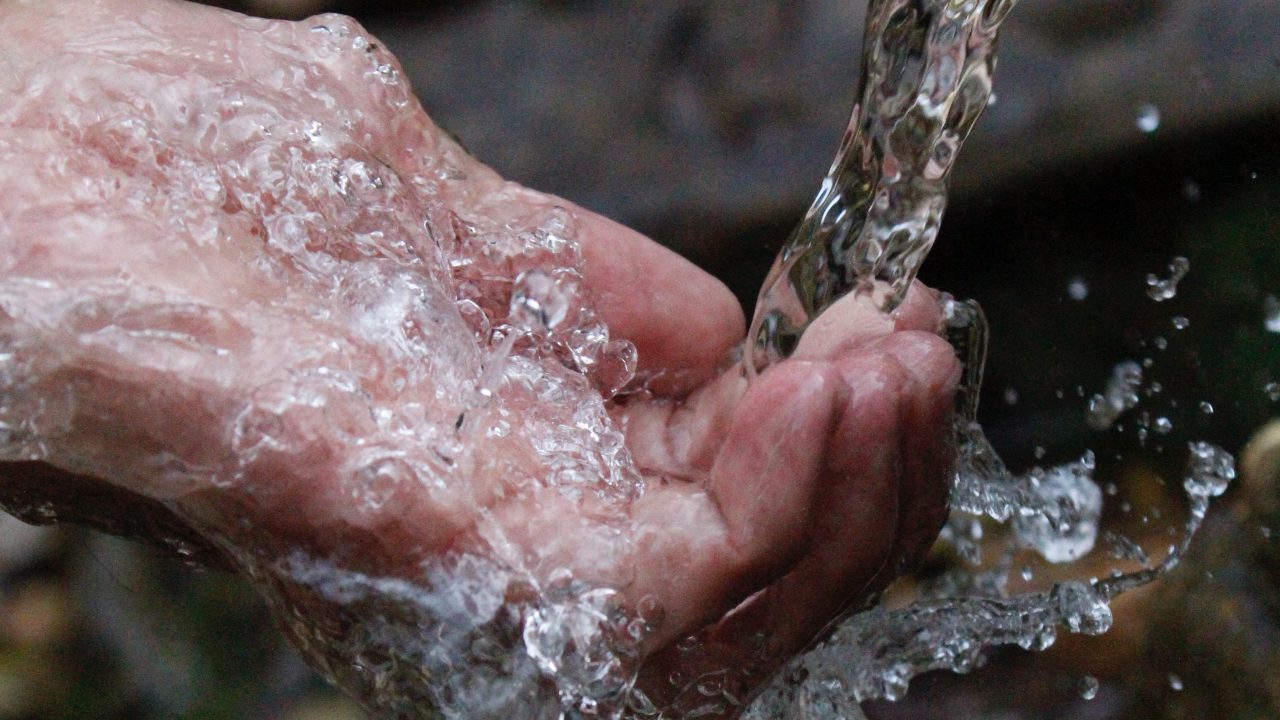There is massive chemical contamination in groundwater in large parts of rural Bihar, where drinking water sources are unsafe for consumption and pose a health risk to the population, the state Economic Survey 2021-22 has revealed.
The 16th Bihar Economic Survey Report 2021-22, recently tabled in the assembly by Deputy Chief Minister Tarkishore Prasad, stated that groundwater in rural areas in 31 of the 38 districts is affected by arsenic, fluoride, and iron contamination.
”The high concentration of arsenic, fluoride, and iron in groundwater in rural areas in 31 of 38 districts is posing a major health hazard. There is chemical contamination in groundwater in 30,272 rural wards. A total of 4,742 rural wards in 14 districts situated along the Ganga are particularly affected by arsenic contamination,” the report said.
It said that drinking water sources in 3,791 rural wards in 11 districts are affected by fluoride contamination. There is the presence of excess iron in nine Kosi basin districts and a few areas in other districts.
Bihar govt to bear travel expenses of returnees from war-hit Ukraine
The consumption of contaminated water causes skin, liver, kidney, and other water-borne diseases.
The affected districts include Begusarai, Bhagalpur, Bhojpur, Buxar, Darbhanga, Katihar, Khagaria, Lakhisarai, Munger, Samastipur, Saran, Sitamarhi, Patna, Vaishali, Aurangabad, Banka, Bhagalpur, Gaya, Jamui, Kaimur, Munger, Nalanda, Rohtas, Sheikhpura, Nawada and Araria. The report referred to the internal assessment and findings pertaining to the water quality mapping of Bihar by the Public Health Engineering Department (PHED). The department, which is responsible for ensuring safe drinking water to people in these affected districts, has started drilling deepwater bore wells.
Bihar deploys helicopters to track illicit liquor trade
PHED Secretary Jitendra Srivastava told PTI, ”We understand the gravity of the situation, because of which the department has gone for a mix of surface water and groundwater-based schemes.” ”Besides commissioning a piped water supply scheme, the department has also strengthened water quality monitoring and surveillance through a state-level National Accreditation Board for Testing and Calibration Laboratory (NABL),” he said.
The state government has also launched ‘Har-Ghar-Jal-Nal-Yojna’ to provide safe drinking water to people residing in rural areas, he added.


















